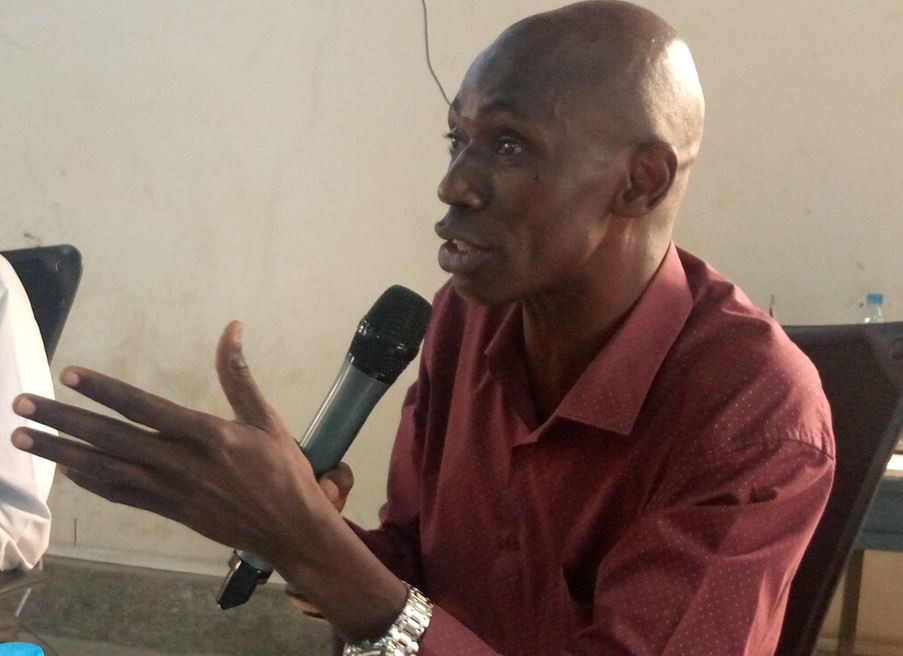Japan, WFP sign MoU for school feeding program

The governments of Japan and the World Food Programme (WFP) signed a memorandum of understanding paving the way for the provision of life-saving humanitarian assistance and school meals across South Sudan.
Speaking at El Salam Primary School in Juba today, WFP Country Director and Representative, Mary-Ellen McGroarty, appreciated the Japanese government for the bold step, which she said would keep girls in school and limit early marriages.
“I am delighted to be here today as we sign this important agreement with the government of Japan and WFP,” she stated.
McGroarty noted that the agreement would pave the way for the UN agency to deliver food assistance to vulnerable people and provide meals to schoolchildren across the country.
“With this contribution, we will be able to reach 52,000 food insecure women, men, and girls, boys across the country. We will be priotising those populations in countries considered food insecure,” she added.
She argued that school meals contributed to development of children and played a crucial role in the reduction of poverty and early marriages among school going girls.
She added that fighting food insecurity would help in the realisation of peace and security across the country.
The Japanese Ambassador to South Sudan, Naohiro Tsutsumi, said the project would deliver 1,600 metric tonnes of Japanese rice worth $3.4 million to benefit 52,000 vulnerable people.
“Today, I signed the agreement on food assistance programme between Japan and WFP. Through the programme, about 1,600 metric tonnes of Japanese rich valued at $3.4 million will be provided to 52,000 people in South Sudan,” said the Japanese Ambassador.
“This is a vital contribution to assist WFP in reaching the 3.2 million people and 440,000 schoolchildren who are being targeted with emergency food assistance and school meals this year.”
The ambassador said the food assistance would alleviate the impacts of food insecurity and malnutrition due to influx of refugees and returnees that fled the conflict in Sudan through human security policy.
He argued that South Sudan had a great potential to lead in food production in the region if agriculture was supported. The total support given by Japan to South Sudan through WFP amounted to $77 million.
The Deputy Minister for General Education and Instruction, Martin Tako Moyi, said South Sudan in history was good at agriculture and the country could feed the world if the potential is exploited.
On August 3, 2023, World Food Programme (WFP) Regional Director for Eastern Africa, Michael Duford, stated that over $400 million was needed to address the needs of Sudanese refugees and South Sudan’s returnees from Sudan.
“We will continue doing the advocacy, and we will continue to try and fundraise, but it is very important that the situation in the country stabilises and that ultimately people will be able to meet their own needs as opposed to relying on WFP,” he explained.
According to Duford, South Sudan will be a bread basket of East Africa if agriculture is prioritised.


